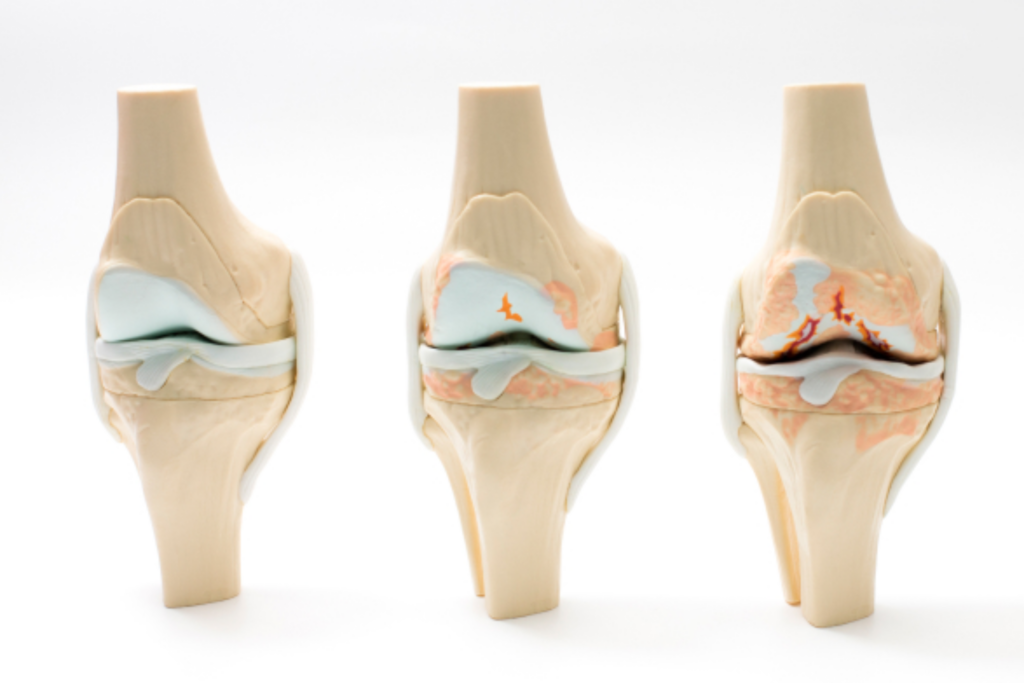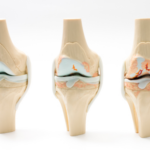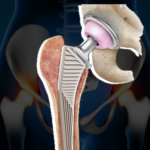
Knee replacement surgery is a highly effective procedure that restores mobility and reduces pain for individuals suffering from severe arthritis or knee joint damage. However, while most knee replacements last for 15-20 years or more, some may fail earlier, requiring a revision knee replacement surgery. Understanding the common reasons behind knee replacement failure can help patients make informed decisions and take necessary precautions to extend the lifespan of their implant.
Common Reasons for Knee Replacement Failure
1. Implant Loosening
One of the most common reasons for knee replacement failure is implant loosening. Over time, the bond between the implant and the bone may weaken, causing instability and pain. This can occur due to wear and tear, improper surgical technique, or insufficient bone growth around the implant. Loosening often requires revision surgery to replace or secure the implant properly.
2. Infection After Surgery
Infections are a serious complication that can occur after knee replacement surgery. Bacterial infections can develop either shortly after the surgery (acute infection) or years later (chronic infection). Symptoms include swelling, pain, redness, and fever. If antibiotics fail to control the infection, revision surgery is necessary to remove the infected implant and replace it with a new one.
3. Implant Wear and Tear
Knee implants are designed to last many years, but excessive activity, obesity, or poor implant quality can cause them to wear out faster. The plastic or metal components of the implant can degrade over time, leading to instability, pain, and decreased function. Revision surgery is required when the implant wears out and loses its effectiveness.
4. Instability and Misalignment
If the knee replacement is not properly aligned during surgery, it can lead to imbalance and instability. This may cause difficulty in walking, frequent buckling of the knee, or discomfort during movement. In some cases, even a well-placed implant may become unstable due to ligament damage or excessive strain on the joint. A revision procedure can help realign or replace the implant to restore stability.
5. Stiffness and Limited Range of Motion
Some patients experience stiffness in the knee joint after surgery, making it difficult to bend or straighten the leg. This can result from excessive scar tissue formation (arthrofibrosis) or improper rehabilitation. If physical therapy and non-surgical treatments fail, a revision surgery may be necessary to improve mobility and remove scar tissue.
6. Fractures Around the Implant (Periprosthetic Fractures)
A fracture occurring around the knee implant, known as a periprosthetic fracture, is another reason for knee replacement failure. These fractures are more common in elderly patients with osteoporosis or those who experience falls or trauma. In such cases, revision surgery is required to repair the fracture and replace the implant if necessary.
7. Allergic Reaction to Implant Materials
Although rare, some patients may develop an allergic reaction to the metal components in knee implants, such as nickel or cobalt. Symptoms include swelling, persistent pain, and skin irritation. If an allergy is diagnosed, a revision surgery may be performed to replace the implant with a hypoallergenic alternative.
How to Reduce the Risk of Knee Replacement Failure
While not all causes of knee replacement failure can be prevented, there are several steps patients can take to reduce the risk and prolong the lifespan of their knee implant:
- Follow Post-Surgery Rehabilitation: Engaging in physical therapy and rehabilitation is crucial for proper healing and strengthening of the knee joint.
- Maintain a Healthy Weight: Excessive body weight places extra pressure on the knee implant, increasing the risk of wear and loosening.
- Avoid High-Impact Activities: Activities such as running, jumping, and heavy lifting can accelerate wear and tear on the knee implant.
- Attend Regular Follow-Ups: Routine check-ups with an orthopedic specialist can help monitor the implant’s condition and detect early signs of failure.
- Practice Good Hygiene to Prevent Infections: Maintaining overall health, controlling diabetes, and following proper wound care after surgery can help reduce the risk of infections.
Summary
Knee replacement failure can occur due to implant loosening, infection, wear and tear, misalignment, stiffness, fractures, or allergic reactions. While most knee replacements last for decades, some patients may require revision surgery to restore function and eliminate pain. Proper post-operative care, regular medical follow-ups, and adopting a healthy lifestyle can help extend the lifespan of a knee implant and reduce the risk of complications.
If you are experiencing pain, instability, or difficulty moving after a knee replacement, seeking professional advice is crucial. Helios Orthojoint, a trusted orthopedic clinic, specializes in knee replacement and revision surgeries. Led by Dr. Saurabh Giri, the best orthopedic doctor in Pune, the clinic provides expert care and advanced treatment options to help patients regain mobility and live pain-free lives.
For expert consultation and knee care solutions, visit Helios Orthojoint and consult Dr. Saurabh Giri today – he is the best orthopedic doctor in Pune who can guide you toward a healthier and more active future.




